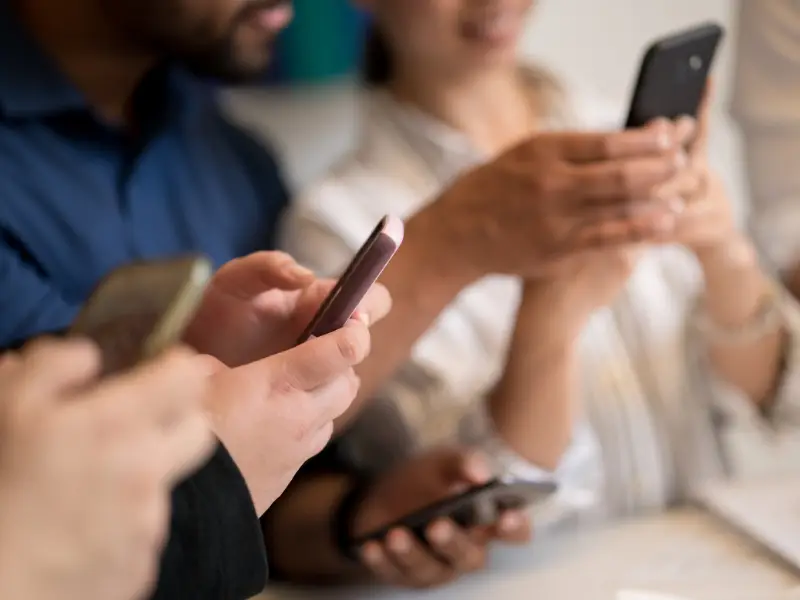Why focus only on Gen Z? It’s everyone who could benefit from some schooling when it comes to excessive social media usage or overall device dependence. Several reports suggest that we’re living in a culture where articulation happens basis likes and followers, which is a subject of great debate. But does this actually take a toll on mental health, and who are the people jumping on this bandwagon? Here’s what experts say:
Sarmistha Mitra, Holistic Health Expert and Founder & CEO of The Wellbeing Sanctuary Training LLC, helped us gain a better understanding of this phenomenon. “For Gen Z, a culture where likes and followers determine value has significant mental health repercussions. This obsession with external metrics erodes personal identity, as individuals lose touch with their authentic selves,” she remarked.
This can lead to a few consequences, and it also heightens anxiety and depression, explained Sarmistha: “With fears of judgment or failure to meet societal standards looming large. Moreover, it stalls personal and creative growth, as individuals shy away from risk-taking or authentic expression to avoid rejection.”
Mitra mentioned that DecodeYou®️ addresses these challenges by reparenting the inner child, healing feelings of inadequacy, and fostering self-acceptance.
“This shift from seeking external validation to cultivating internal resilience empowers individuals to thrive in a healthier mental state,” she concluded.
On the other hand, Dr. Neil Hopkin, Director of Education at Fortes Education, highlighted that the rise of social media has created a culture of constant evaluation, where students gauge their self-worth through likes, comments, and follower counts.
“Platforms like Instagram and TikTok amplify these issues through algorithm-driven content that often idealizes unrealistic standards of beauty and success. For young people, this culture fosters a need for external validation,” Dr. Neil believes.
Why the rising concern of lower self-esteem?
Social media platforms are creating a feedback loop of comparison, where students measure their achievements and appearances against highly curated online personas, intensifying feelings of inadequacy. But there’s a way out.
Dr. Neil suggested, “Schools play a critical role in addressing these issues. Mental health education, along with programs focused on emotional intelligence and resilience, can help students develop healthier relationships with social media.”
It’s not just about social media; it’s the broader digital sphere that falls under this umbrella. The responsibility is on us to approach it thoughtfully and use it wisely.






